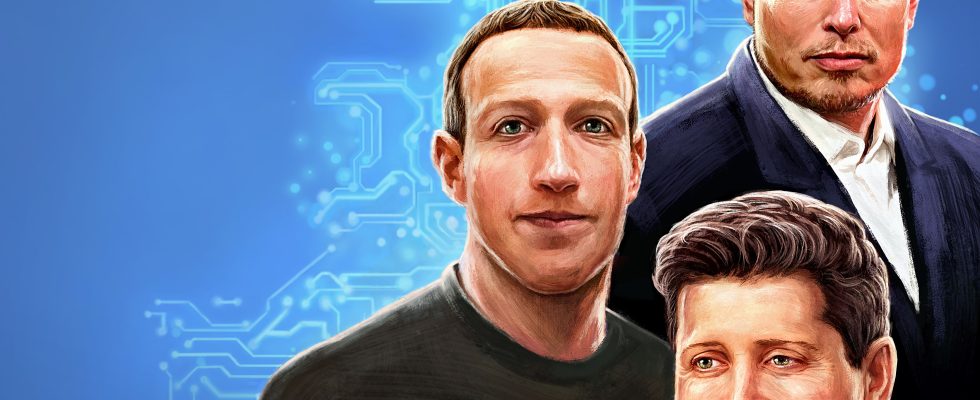Of all the French presidents, Emmanuel Macron is one of the most interested in technology. An enthusiasm that translates into a certain dispersion. Web3, immersive technologies, deep tech, semiconductors, clouds… France will not be able to develop in as many areas as it suggests. If there is a turn that it should not miss, however, it is that of artificial intelligence.
For what ? Because AI promises to have cascading effects in all parts of the economy and society. Lawyers will be able to accelerate, thanks to it, their study of case law, computer developers to code better and faster, bankers to better advise their clients and creative people to produce more spectacular images and videos than ever before. If France has every interest in plunging headlong into the world of AI, it is also because it has real assets in the field.
The quality of its mathematics and AI courses is recognized worldwide. There are also many French people in leading positions in the sector, such as Yann Le Cun, head of AI for the Meta group (Facebook). According to the Institut Montaigne, France’s expertise in industrial security (aeronautics, nuclear, etc.) can also help it place itself at a strategic link in the chain: that of security and auditing of AI.
Especially since it is one of the few European countries to have the necessary computing capacities (with the Jean Zay supercomputer) to carry out experiments on these systems. And the only one, with the “Bloom” project, to have a large language model similar to the one on which the American OpenAI’s ChatGPT is built. To transform the test, Paris must find how to increase investment in start-ups and innovative SMEs (this is the whole subject of the recent report by MP Paul Midy). And encourage the French to quickly become familiar with generative AI, these new gifted assistants.
